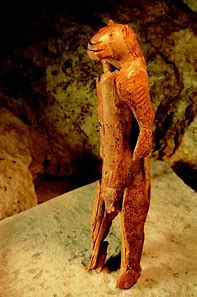In following up on my previous comments about truth, let me add here that Jesus had more to say about the subject. In the gospel of John, in chapter 14, Jesus is speaking with the disciples and in answering their questions he makes this statement, “I am the way and the truth and the life. No one comes to the Father except through me. If you really know me, you will know my Father as well. From now on, you do know him and have seen him.” This statement comes in the middle of several remarks Jesus made at the Last Supper, but he seems to be stating a couple of things here. Just as he later told Pilate, Jesus claims that he is the truth. More than that, Jesus tells the disciples that if they know Him, they also know God. There’s a lot to be unpacked in this section of scripture, but I want to focus on just one thing. In the midst of our chaotic, agenda driven, post truth culture, Jesus is saying that He is the truth. Jesus is also saying that He is God, and so is also saying that the truth is found in God. Many ideas and many people claim to represent the truth, but if their truth is not the truth of God as revealed through Christ, it is NOT the truth. The Apostle John has more to say about that in his first epistle. I’ll look at that another time.








